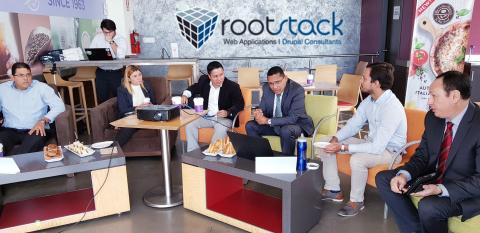
2018 begins, and as companies, we need to evaluate different ways to optimize IT platforms and achieve popular digital transformation.
Looking to support the companies of the different sectors of the country, Rootstack and its commercial partner, Mulesoft, presented a "Coffee time", where different banks attended and served as an opportunity to clarify different points and common doubts when we talk about an enterprise service bus (ESB software).
All about ESB platforms
Basic concepts: The day began with the presentation of Eng. Alejandro Oses (CEO Rootstack), opening with the basic concepts that we must handle when we talk about ESB software, and in turn focusing on how to achieve a digital transformation through the use of REST API's services:
Alejandro showed the approach of how an API is an investment, where the company can have the traceability of it and will have all the benefits to provide fast and effective innovation to its customers.
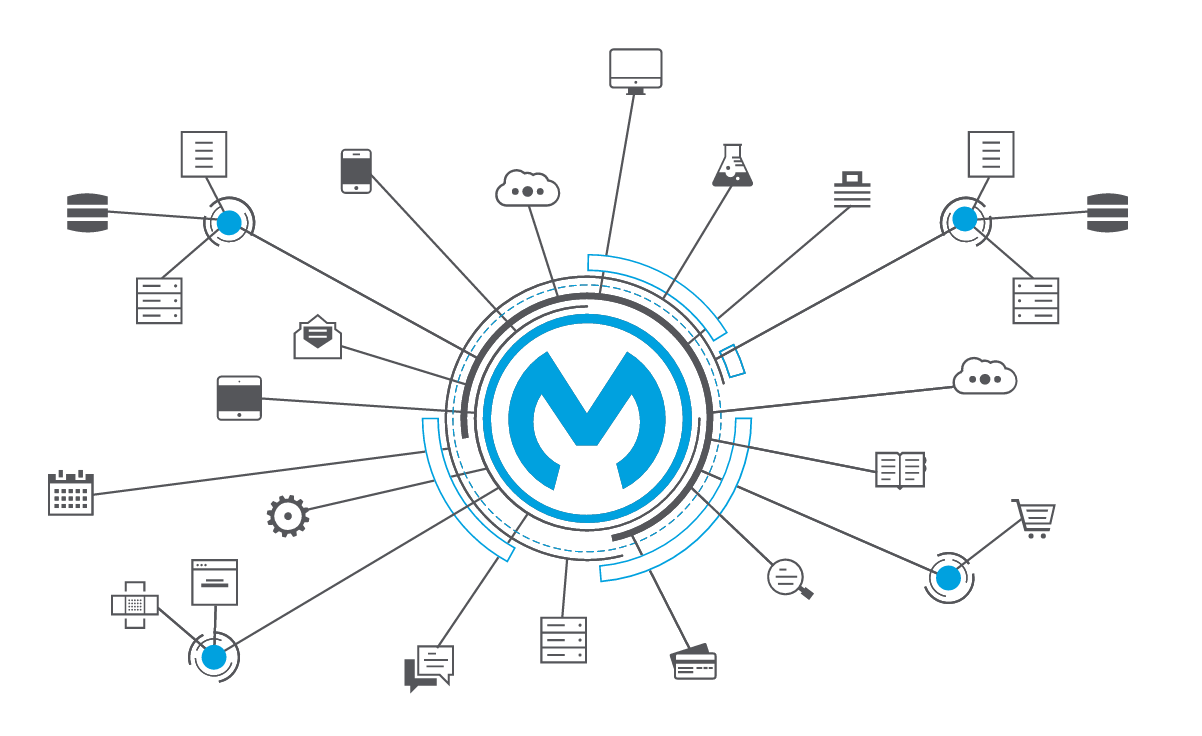
We also managed to know cost savings points with an API:
- Software re-implementation costs
- Manual operational costs
- Software remediation costs
- Database replication costs
- Investment costs in security
History
Then, Eng. Matías Bargas (Mulesoft Software Engineer), held a presentation where we got to know in detail a bit of the history of Mulesoft, an ESB company with more than 14 years in the market, and has achieved global growth which translates into market positioning since large companies have bet on their technologies.
We could see the evolution of Mulesoft since its start in 2003 to the present time; have been able to present different products such as:
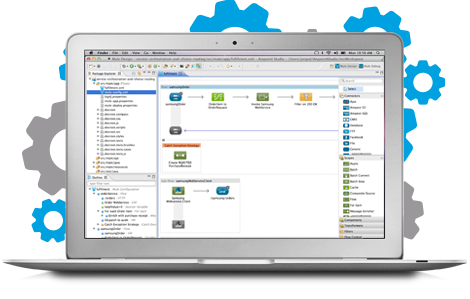
- CloudHub
- Devkit
- DataMapper
- Munit
- Connectors
- Registry
Success cases
Next, Lic. Celeste Perona (Business Development Manager at Mulesoft), presented interesting data together with different success stories:
- More than 300,000 developers around the world
- More than 1,000 business customers
- 4 of the 10 best global automotive companies
- 4 of the 9 best global banks
- 2 of the top 5 global retailers
Multiple companies have achieved
- Create scale through reuse
- Enable self-service
- Promote rapid innovation with solutions that add value to the business
- Promote quality
- Keep visibility and control
Of the different success cases, one of the most interesting that was presented was Unilever’s, a company that since 2016 have bet on adapting and transforming different processes through API’s.
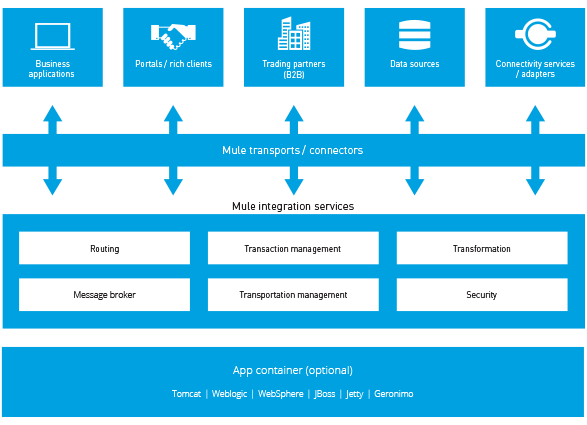
We know that Unilever is a company that is responsible for marketing massive consumer products, such as Lipton or Dove. With its wide and growing portfolio of products, it has processes that are increasingly difficult to integrate, systems developed tailored to the needs of the business, such as supply chain management and sales processes. Knowing this, Unilever over the last three years began taking steps to dismantle their legacy tools, while accelerating their integration processes in parallel. It is not an easy task, but together with MuleSoft, Unilever has made enormous progress towards transformation through API's.
How is this achieved? Frank Brandes, Director of Global Business Integration at Unilever, started by creating an Enabling Center within Unilever's IT organization. They understood that having a centralized group for integrations was not sustainable and served as a bottleneck for the business units. IT Management will have to maintain a certain degree of control, while giving commercial organizations enough freedom to innovate. The challenge here, as Brandes said, is that "if you have too much control, you kill the innovation". If you do not have enough control, you do not get reuse and you have people moving in different directions. "
Under these circumstances, an adaptive integration capability team was created. It worked as an internal integration consultancy group, visiting business units and resolving their weak integration points. The team also set out to provide reusable services on API platforms, to shift the focus from individual assignments to reusable platform capabilities. Not only do business groups have resources for API-led solutions in their possessions now, but the entire company also reaps the benefits of a hybrid infrastructure. For example, just two years after Brande's initiative, the company won its SAP ERP integration project by reducing costs by 26%.
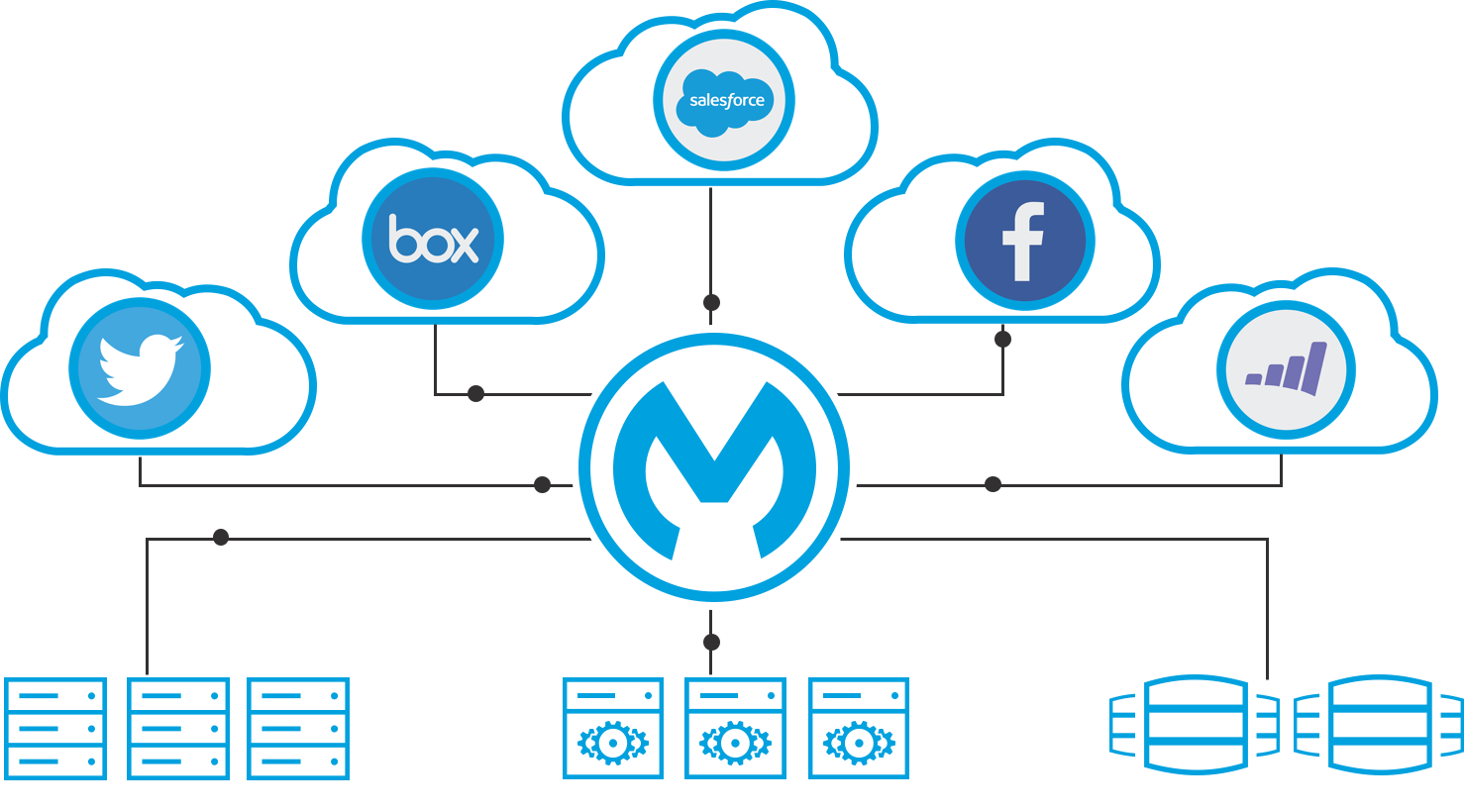
Brandes achieved its ambition with effective change management, agile principles and, most importantly, delivering business values consistently, through API-driven approaches. Its integration team also continuously eliminated barriers to business innovation, always adopting the API economy and providing all those who work with the opportunity to feel part of the transformation process. It is surprising to see how the provision of a central platform for the integration of API can generate such fruitful results in a very short time.
Something interesting about the format of the "Coffee time" is that it gives the opening for a more conversational approach since, during each of the presentations, the attendees had the opportunity to participate actively, validating questions and doubts about their needs; ending with a networking space to share perceptions and share experiences, paired with a good coffee that isn’t a necessarily bad extra!
We recommend you on video
